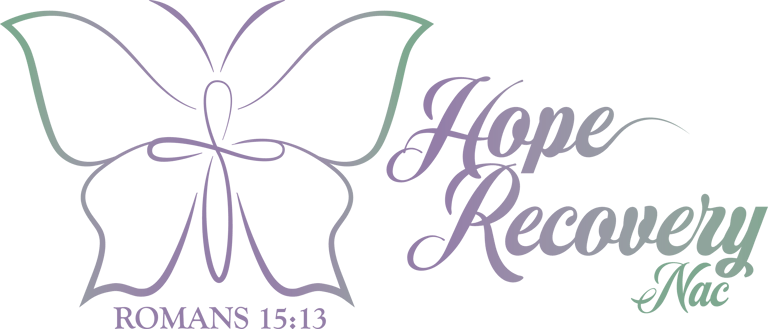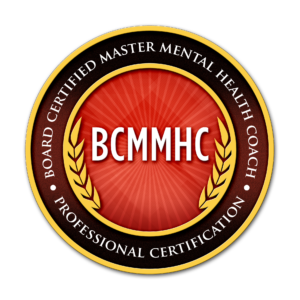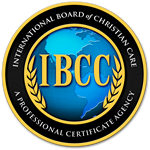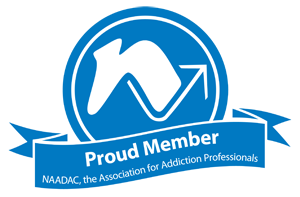Step 3 in Alcoholics Anonymous: A Journey of Surrender and Trust
"Made a decision to turn our will and our lives over to the care of God as we understood Him."
7/16/20243 min read


Step 3: "Made a decision to turn our will and our lives over to the care of God as we understood Him."
The third step of Alcoholics Anonymous (AA) is a profound and pivotal moment in the recovery journey. It requires a conscious decision to surrender one’s will and life to the care of a higher power, as personally understood. This step marks a transition from self-reliance to trust in God, which can be both daunting and transformative.
Understanding Step 3: The Decision to Surrender
The decision to turn one’s life over to God in Step 3 is not a one-time event but an ongoing process. It involves a daily commitment to let go of control and trust in God’s guidance. According to a study published in the Journal of Substance Abuse Treatment, individuals who incorporate spirituality and religious practices into their recovery process show better outcomes in maintaining sobriety and psychological well-being (Brome et al., 2000).
Scriptural Insights on Surrender and Trust
The Bible offers profound wisdom on the concepts of surrender and trust in God. Several passages echo the essence of Step 3, providing comfort and guidance to those in recovery.
Proverbs 3:5-6
"Trust in the Lord with all your heart, and do not lean on your own understanding. In all your ways acknowledge him, and he will make straight your paths."
This scripture encourages wholehearted trust in God, emphasizing the importance of acknowledging Him in every aspect of our lives. It reassures us that when we rely on God rather than our limited understanding, He will guide us on the right path.
Psalm 37:5
"Commit your way to the Lord; trust in him, and he will act."
The psalmist urges us to commit our ways to God, underlining the importance of trust. This verse promises that God will act on our behalf when we surrender our plans and rely on His wisdom.
Matthew 11:28-30
"Come to me, all who labor and are heavy laden, and I will give you rest. Take my yoke upon you, and learn from me, for I am gentle and lowly in heart, and you will find rest for your souls. For my yoke is easy, and my burden is light."
Jesus invites those who are weary and burdened to come to Him for rest. This invitation is a beautiful representation of Step 3, where individuals can find solace and peace by surrendering their struggles to Christ.
The Journey of Surrender
Surrendering to God in Step 3 involves a series of actions and attitudes:
1. Admitting Powerlessness: Recognizing that our attempts to control our lives and addictions have failed.
2. Seeking God’s Will: Actively seeking to understand and follow God’s will rather than our own.
3. Prayer and Meditation: Engaging in prayer and meditation to connect with God and receive His guidance.
4. Community Support: Leaning on the support of the AA community and other believers for encouragement and accountability.
The Role of Community and Support
The AA community plays a crucial role in supporting individuals as they navigate Step 3. Sharing experiences and insights with others who have made the same decision fosters a sense of solidarity and encouragement. A study in the Journal of Substance Abuse Treatment highlights that peer support and shared spiritual practices significantly contribute to successful recovery outcomes (Kelly et al., 2011).
Conclusion
Embracing Step 3 in AA is a transformative act of surrender and trust in God. It requires a daily commitment to turn our will and lives over to His care. By reflecting on scriptural insights and leaning on the support of the AA community, individuals can find strength, guidance, and peace in their recovery journey. As Proverbs 3:5-6 reminds us, trusting in the Lord with all our hearts and acknowledging Him in all our ways will lead us to the path of true healing and freedom.
Reference
- Brome, D. R., Owens, M. D., Allen, K., & Vevaina, T. (2000). An examination of spirituality among African American women in recovery from substance abuse. Journal of Black Psychology, 26(4), 470-486.
- Kelly, J. F., Stout, R. L., Magill, M., Tonigan, J. S., & Pagano, M. E. (2011). Spirituality in recovery: A lagged mediational analysis of Alcoholics Anonymous’ principal theoretical mechanism of behavior change. Alcoholism: Clinical and Experimental Research, 35(3), 454-463.










